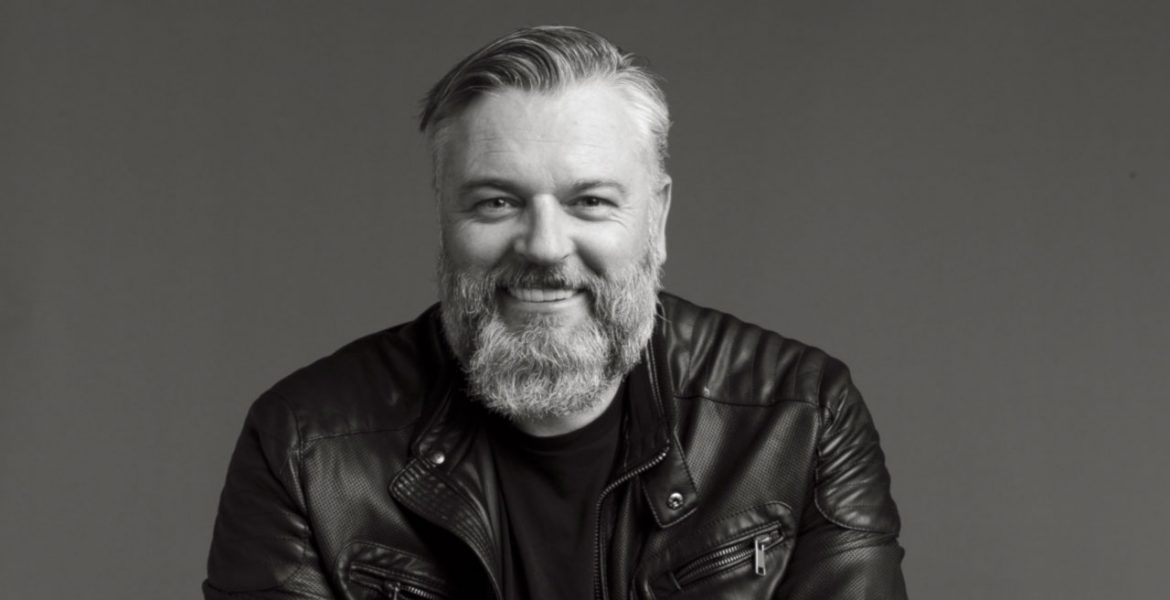AW360 speaks with Interbrand CEO, Nathan Birch about what being mentally healthy means to him.
Time in the industry
I have been in consulting for more than 20 years and my first role was for GE Capital.
What does being mentally healthy mean to you?
Having a positive daily outlook, healthy relationships and physical and emotional wellbeing.
What is a time when you realised your mental health has impacted your work or home life?
In 2013, I was the father of two girls, a husband, and a Director at a large professional services consultancy. I was finding the stress of work, the loneliness of being away from a social network and self-imposed pressure of not succeeding was getting too much. I often felt that I was a fraud and a failure – failing at being a husband, a father, a colleague and a friend. I’d often experience bouts of depression – and during these times, thoughts turned to that my family, my friends, my daughters, my colleagues, my wife would all be better off without me around. People tell me suicide is selfish. And I can only agree with them to a point. My rationale was that my kids, my wife, my family would, of course, be sad, but their lives will move on, and they’ll be better off without me in the long run.
How did this manifest itself?
It’s hard to articulate it, but when you are of a mindset where the only answer is just not being around anymore – that this seems the most straightforward solution for all involved. At that moment in my life, suicide seemed the kindest answer for all concerned ironically. I was on this path until one morning in September. I got a call on a Monday morning, from an unknown number. That person turned out to be my best friend’s brother-in-law. His brother-in-law told me he’d taken his life. This set me on another path and provoked me to seek professional help.
How did you overcome that? Who helped you and how?
Talking about it with my wife, who has been my most significant support since then, has been the biggest benefit. My experience has taught me a couple of things; Things will get better. There is help. The alternative is not an answer. Talking about it helps. A lot. Talking to anyone helps – a colleague, a friend, a doctor. The self-realisation that it’s a problem is the first step. Medication worked for me.
What do you do now to practice better mental health?
Most of all I can recognise it. I try to decompress. I try not to sweat the small stuff, and I control the controllable.
What are the 3 things companies should do to create a mentally healthy workplace?
From my experience, it’s the realisation that the impact of mental health can in many situations be suicide. Suicide is the biggest killer of men under the age of 40 in Australia – that in itself puts mental health issues at epidemic propositions. The more we talk about the issue, the less it becomes an issue.
What are you doing at your own company?
As a business we have a commitment to not only talk about mental health but to support our staff during periods of difficulties. It’s a conversation and commitment from our leadership team and beyond.
In the last 12 months we’ve introducing a new EAP program via The Indigo Project that offers free psychology sessions to staff, with specialists in a range of areas such as anxiety, depression, relationships, grief and creativity.
The Indigo Project are a very different psychology practice based in Surry Hills. Selecting a creative and modern EAP was incredibly important to us – and The Indigo Project has enabled a partnership where we speak the same language. The team of psychologists are real people who help our staff feel understood, empowered and accepted for who they are. The uptake from staff has been significantly higher than in previous years.
We are also investing in more training in this area, partnering with EnergyX to build awareness of what impacts our energy levels, providing tools and strategies to prevent and overcome the indicators of burnout. In recent weeks we’ve also provided wellness training on stress management, managing anxiety and grief and loss training to give staff an understanding on how to support colleagues going through grief in the workplace.
Lastly, we feel strongly about creating a workplace where there is no stigma around mental health and people can feel comfortable sharing how they are feeling. As part of this, Interbrand and DDB Group have been sharing their own stories around mental health through the Heart on My Sleeve movement.
What advice would you give to someone starting out in the industry.
Talk to someone about it. Understand there is help. Go and see a doctor.

